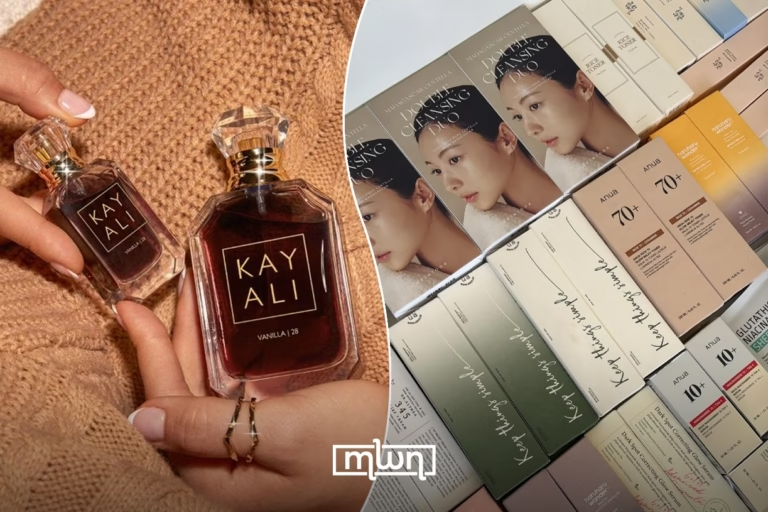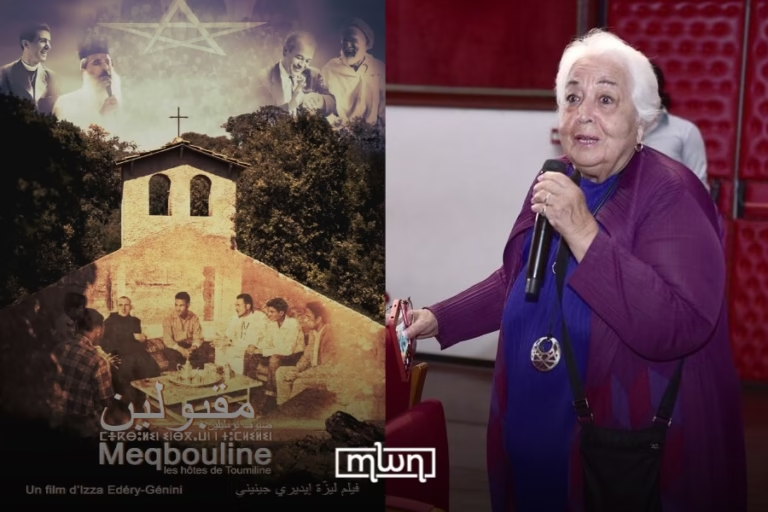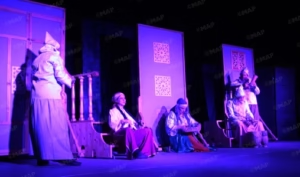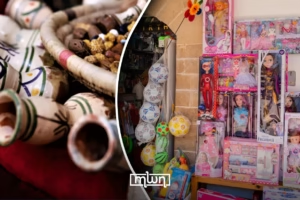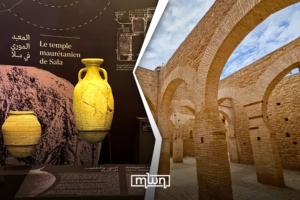Marrakech – In a collective effort, 200 musicians have penned an open letter urging tech firms and developers to refrain from undermining human ingenuity through the proliferation of AI-driven music generation tools, TechCrunch reported.
The roster of signatories to this groundbreaking appeal resembles a comprehensive directory of music industry heavyweights, boasting a diverse and formidable lineup.
Among the signatories are well-known names such as Billie Eilish, representatives of the Bob Marley estate, Elvis Costello, Greta Van Fleet, Imagine Dragons, Jon Bon Jovi, the Jonas Brothers, Kacey Musgraves, Katy Perry, Mac DeMarco, Miranda Lambert, Mumford & Sons, and Nicki Minaj.
“When used irresponsibly, AI poses enormous threats to our ability to protect our privacy, our identities, our music and our livelihoods,” the letter highlights.
“Some of the biggest and most powerful companies are, without permission, using our work to train AI models…for many working musicians, artists and songwriters who are just trying to make ends meet, this would be catastrophic.”
According to TechCrunch, the concerns raised by these artists are valid.
The AI models responsible for generating new music, artwork, and writing rely on extensive datasets of existing work for training.
In many instances, attempting to remove one’s work from these models proves to be futile.
Moreover, as the ability to create convincing deepfakes of popular artists is already a reality, the advancement of this technology poses further challenges for content creators in the future, TechCrunch stated.
Throughout history, musicians have often found themselves at a disadvantage as technology advances.
One such example is in the realm of file-sharing. Initially, this made it effortless for people to access music without paying for it. While streaming services emerged as a paid solution to combat this issue, they have not proven entirely satisfactory for artists.
Organizations like the Union of Musicians and Allied Workers (UMAW) have tirelessly campaigned for improved streaming royalties.
According to estimates from artists within the guild, Spotify’s average streaming royalty rate sits at approximately $0.0038 per stream, equivalent to about a fourth of a cent.
Given this context, it’s understandable why musicians approach emerging technologies, such as AI-generated content, with skepticism, as reported by TechCrunch.
Authors have also joined the chorus of dissent against the proliferation of generative AI.
In July, more than 15,000 writers, among them prominent names like James Patterson, Michael Chabon, Suzanne Collins, Roxane Gay, and others, signed an analogous open letter.
This letter was directed to the CEOs of leading tech companies including OpenAI, Alphabet, Meta, Stability AI, IBM, and Microsoft.
In the realm of music creation, advancements in artificial intelligence have sparked a revolution.
Recently, a new AI music generator named Suno has captured the spotlight in recent times.
Positioned as a “comprehensive music production powerhouse,” Suno stands out from its counterparts with a diverse set of features, a press release shared with Morocco World News reveals.
AI-powered music generators leverage complex algorithms and machine learning techniques to compose original pieces of music autonomously.
By analyzing vast databases of existing music and learning from patterns and structures, AI music generators can produce compositions across various genres and styles.
While some critics raise concerns about the authenticity and originality of AI-generated music, proponents argue that it opens up exciting possibilities for collaboration and experimentation in the music industry.

